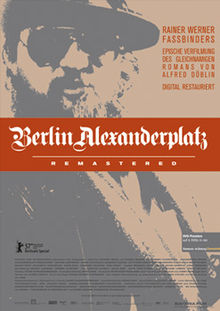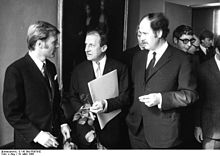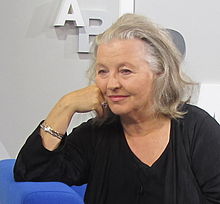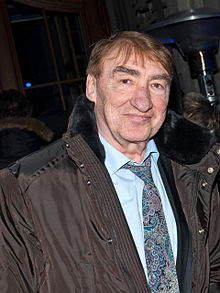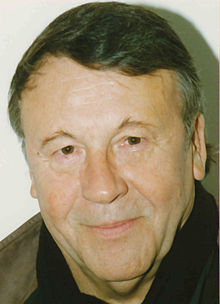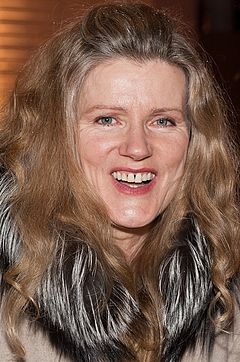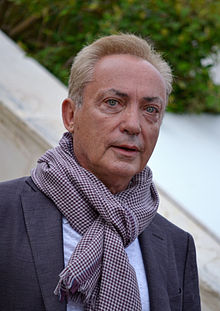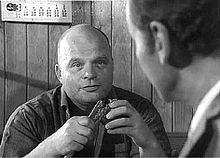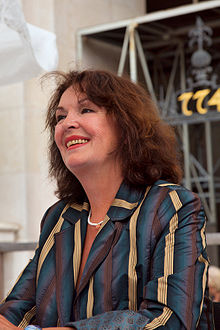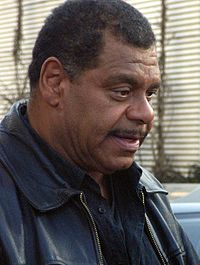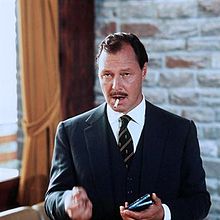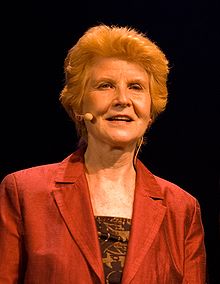Berlin Alexanderplatz (miniseries)
Berlin Alexanderplatz pronounced blin alksandplats originally broadcast in 1980, is a 14part West German television miniseries, adapted and directed by Rainer Werner Fassbinder from the Alfred Dblin novel of the same name, and stars Gnter Lamprecht, Hanna Schygulla, Barbara Sukowa, Elisabeth Trissenaar and Gottfried John. The complete series ishours long. In 1983, it was released theatrically in the United States, where a theatre would show two or three parts per night. It garnered a cult following in the US and was eventually released on VHS and broadcast on PBS and then Bravo.
The Punishment Begins Berlin, 1928. Franz Biberkopf is released after serving four years in Tegel prison for killing his girlfriend Ida. After settling into his old apartment he visits Minna, Idas sister. Minna succumbs to his forceful advances. In a flashback we see Franz kill Ida with a cream whip after correctly suspecting she was about to leave him. Franz later runs into his old friend Meck and has a drink with him in Maxs bar, a local place. There he meets Lina Przybilla, a young Polish woman, who moves in with him. He receives notification from the Berlin Police that he is barred from living in certain Berlin districts and surrounding municipalities, under the threat of a fine or imprisonment, Biberkopf places himself under the supervision of a charity called Prisoners Aid, to which he must report once a month, and remain in employment. By doing this, he is able to remain in Berlin.2 How is One to Live if One Doesnt Want to Die? Franz employs himself by hawking necktie holders on the street, but has trouble making enough money and does not consider himself an orator. After turning down the opportunity to sell sex education manuals, he is talked into selling the Nazi newspaper Vlkischer Beobachter and wearing a swastika armband. In the subway, Franz is confronted by an old Jewish acquaintance selling hot sausages, but denies being Antisemitic himself, and Dreske with two other men also known to him. Dreske admires Lenin and the Soviet Union, but Franz responds by decrying revolution and their Weimar Republic. At Maxs bar, Dreske and his friends sing The Internationale to provoke Franz, to which he responds by singing the 19thcentury patriotic songs The Watch on the Rhine and Ich hatt einen Kameraden. At the top of his voice, Franz accuses them of being loudmouths and crooks, before almost collapsing. The other men return to their table. Outside, Franz meets Lina. He rambles about what has just happened the men he has just met cannot understand life and do no
Source: Wikipedia

